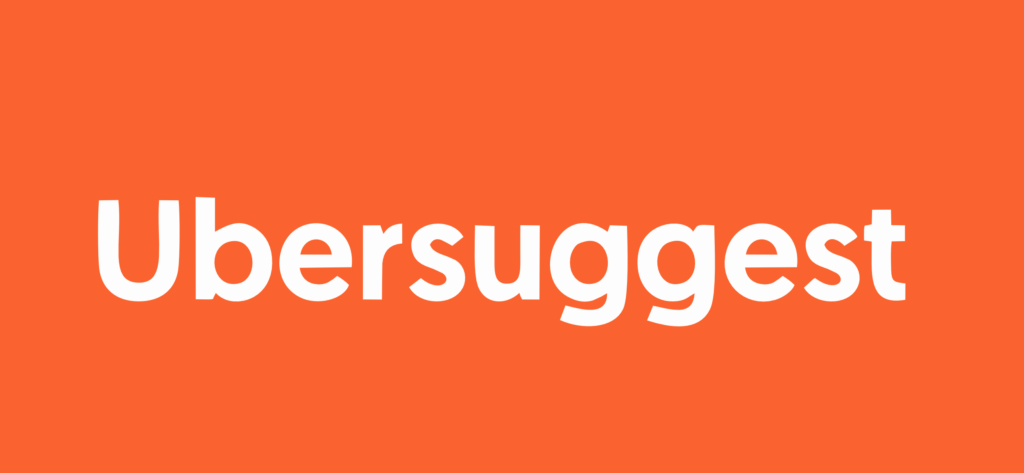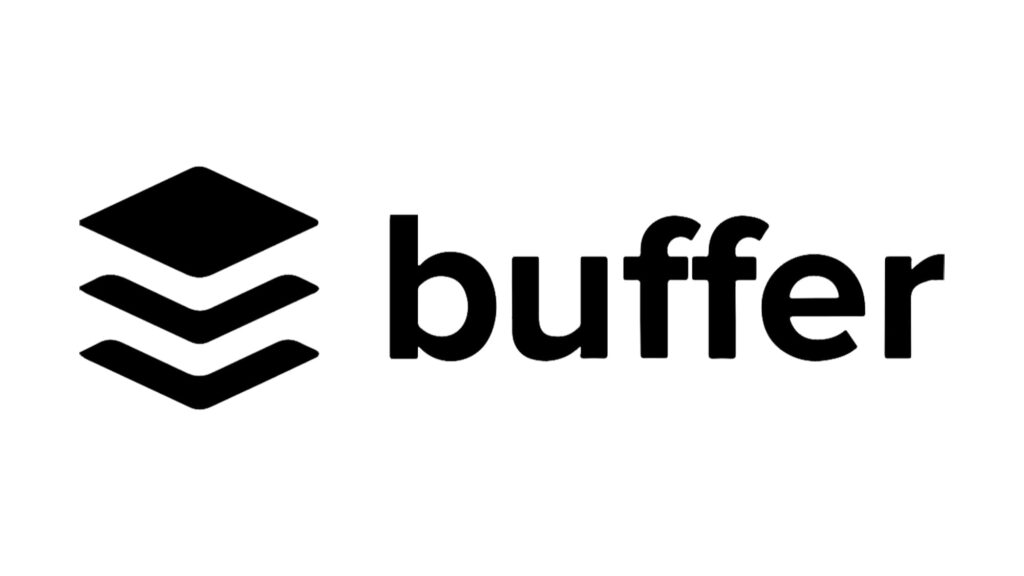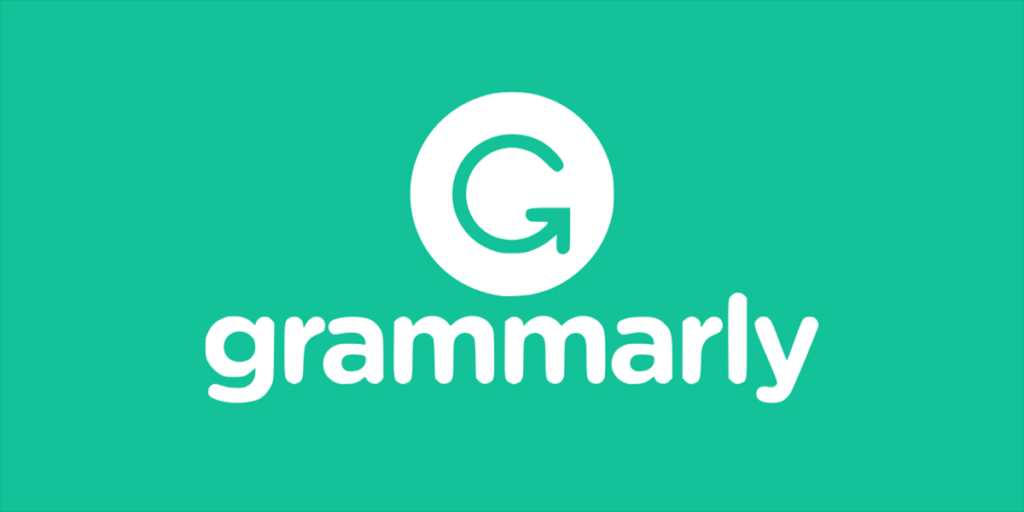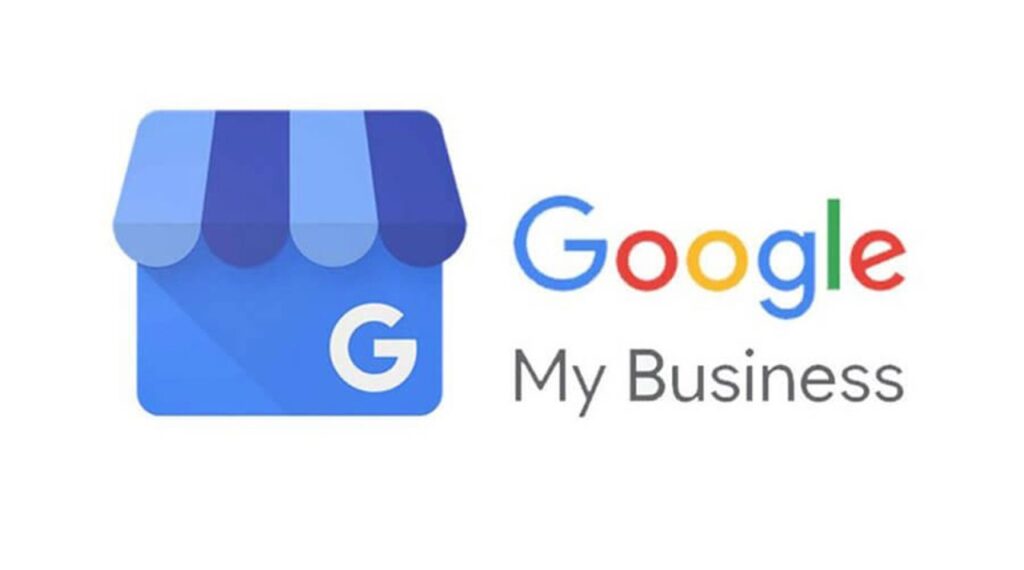
7 Cost-Effective & Reliable Marketing Channels for Small Businesses
Small businesses need cost-effective and reliable marketing channels to maximize their marketing impact without overspending.
Focusing on cost-effective marketing strategies can help you reach your audience and achieve measurable results without straining your budget.
So here are seven marketing channels that deliver high ROI and require minimal investment.
1. Use SEO to Increase Visibility
Search engine optimization (SEO) is one of the most affordable ways to drive consistent organic traffic.
By improving your website’s visibility on search engines, you can attract potential customers who are actively searching for your offerings.
It is one of the cost-effective marketing channels your business needs.
Focus on optimizing keywords, improving website speed, and ensuring mobile-friendly designs to boost rankings and user experience.
Tip: Use tools like Google Search Console or Ubersuggest to find keywords and monitor website performance.

2. Build a Presence on Social Media
Social media platforms offer a free or low-cost way to engage directly with your audience.
Posting regularly, responding to comments, and sharing engaging content can build your brand presence effectively. Very simple and cost-effective marketing channel you can use for your business.
Target platforms where your customers spend time. Use visual content and interactive posts to increase engagement.
Tip: Use social media management tools like Buffer or Hootsuite to automate and schedule posts consistently.

3. Create Value Through Email Marketing
Email marketing is one of the highest ROI channels, enabling direct communication with your audience. Personalized emails help nurture relationships and encourage repeat business.
Segment your audience based on interests or behaviors to deliver targeted messages that resonate.
Tip: Start with platforms like Mailchimp or Sendinblue to automate and analyze campaigns.

4. Invest in Content Marketing
Content marketing builds trust and positions your business as an authority in your field. Creating blogs, videos, or infographics can educate your audience while driving traffic.
Focus on creating material that addresses customer needs or answers common questions. Evergreen content can remain relevant and continue generating leads over time.
Tip: Use tools like Canva for designing graphics or Grammarly for refining written content.

5. Launch Pay-Per-Click Advertising Campaigns
Pay-per-click advertising allows you to target specific audiences and achieve immediate results. Google Ads and similar platforms let you control your budget and measure success.
Focus on long-tail keywords to reduce costs while improving ad relevance. Regularly review campaign performance to optimize your budget.
Tip: Use Google Ads Keyword Planner to identify low-cost, high-impact keywords.

6. Start a Referral Program
Referral marketing leverages satisfied customers to grow your audience. Encouraging customers to recommend your business to others builds credibility and drives new sales.
Offer incentives like discounts, exclusive offers, or loyalty points for referrals to motivate participation.
Tip: Platforms like ReferralCandy or InviteReferrals simplify referral program management.

7. Optimize Your Online Directory Listings
Listing your business in directories like Google My Business, Yelp, or TripAdvisor improves your visibility in local searches. Positive reviews help build trust and attract new customers.
Ensure your information is accurate and up to date to maximize impact. Responding to customer reviews shows your dedication to customer service.
Tip: Claim your business on Google My Business and regularly update your profile.

Final Thoughts
Cost-effective marketing strategies allow small businesses to achieve significant results without overspending.
Combining SEO, organic social media, email, web development and other affordable channels ensures a balanced approach to reaching and retaining your audience.
Experiment with these channels, monitor performance and make adjustments as needed. Consistency and strategy are key to long-term growth.
Boost your business today with Tabula. Contact us for customized, budget-friendly marketing solutions that drive real results. Let’s grow your brand together!
FAQs About Cost-Effective Marketing Channels
1. What is the most affordable marketing channel for small businesses?
SEO is one of the most affordable channels because it drives organic traffic without ongoing ad spend. By optimizing your website, you can generate long-term traffic.
2. How can social media help small businesses with limited budgets?
Social media allows businesses to engage their audience for free or with minimal investment. Posting engaging content and using free tools can build brand awareness.
3. Why is email marketing cost-effective?
Email marketing is cost-effective because it allows direct communication with your audience. Personalized campaigns often lead to higher conversions without high costs.
4. What makes referral marketing affordable?
Referral marketing leverages word-of-mouth and incentivizes customers to bring in new leads. This approach requires minimal spending and offers high returns.
5. How can content marketing save money?
Content marketing creates lasting value by producing reusable material like blogs or videos. Once created, these assets can drive traffic and leads repeatedly.
6. Can PPC be affordable for small businesses?
Yes, PPC can be affordable when targeting long-tail keywords and setting strict budget limits. Focused campaigns maximize ROI while minimizing unnecessary spend.
7. How important are online directories?
Online directories increase visibility in local searches and boost credibility through customer reviews. Claiming and optimizing your listings is a low-cost strategy.
8. How do I measure the effectiveness of these channels?
Track metrics like website traffic, engagement rates, and conversions using tools like Google Analytics. Regular analysis helps refine your strategy for better results.






